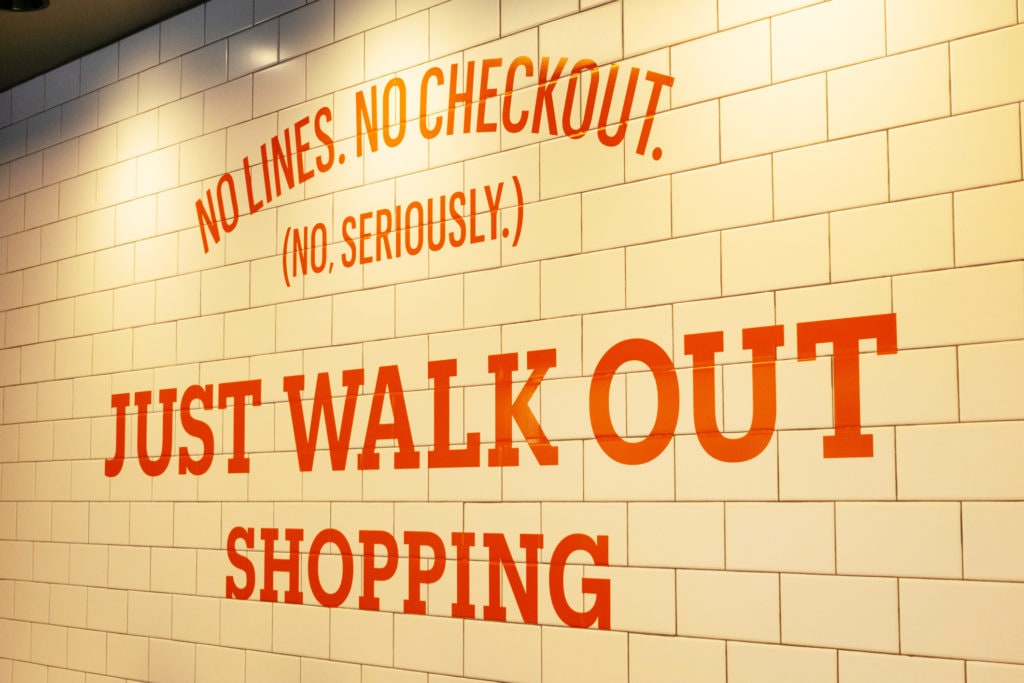
The Eat Out to Help Out discount was used on over 10.5m meals in the scheme’s first week, the UK Treasury has announced. The scheme, which gives diners a 50% discount up to £10 per person on food and soft drinks eaten in restaurants, is estimated to have cost the government approximately £50m so far.
“That’s more chefs cooking, more waiters and waitresses serving and over 80,000 hospitality businesses supported across the country,” chancellor Rishi Sunak tweeted on Tuesday 11 August.
Meanwhile, recent CGA figures indicate only 56% of England’s full-service restaurants and only 52% of independent establishments had managed to reopen by the end of July. In Scotland, only 59% of sites were operating and in Wales only 34%. It is hoped that Eat Out to Help Out will boost these numbers.
A personal and financial boost
Consultant Julian Edwards FCSI, director of GY5, based in Surrey, sees benefits to the scheme already. “It’s ticking so many boxes at this crucial junction [for the industry],” he says. “Everyone’s in a struggle, and this is a chance for a family to go out and have a great meal. It’s getting customers out there who are in need of a boost in terms of getting out.
“The other big tick is it’s such a clever thing to do by the government. It’s perhaps the most genius boost to the foodservice industry.”
Jon Rook FCSI, managing director of Panache Consultancy in Clevedon, has also observed a welcome boost for foodservice establishments. “From what I have seen in Bournemouth and surrounding areas, most businesses have opted in and restaurants are very busy,” he says.
“A few businesses have seen a slight downturn on typically busier nights, Friday and Saturday, but overall weekly takings have been given a considerable boost by the scheme.”
Having received support from organisations such as UKHospitality, the scheme is celebrated as a sign of the government taking care of the hospitality industry.
“For an industry, we seem to be historically the last to be considered in terms of GDP and employment, and today we’re top of the tree,” says Edwards.
Edwards mentions that customers of some businesses, such as The Wiremill pub in East Grinstead, are going “that extra step” to leverage the positives of the scheme by asking for the discount amount to be donated to charity rather than deducted from their bill.
Continued vigilance
Commercial property lawyer Ian Cowen of Richard Reed law firm, Sunderland, has highlighted the need for hospitality operators to remain rigorous about regulations when adapting their spaces to make the most of increased demand.
“Some establishments have rushed to make changes in time for Eat Out to Help Out without considering all the regulations and long-term implications,” he says in a recent statement.
In particular, this involves getting the right permission if a bar, pub, or restaurant intends to put seating outside. This might be in the form of a temporary licence, permanent easement or lease amendment by the landowner or local authority.
“Getting this right now will ensure that both landlords and tenants can avoid potential problems later,” says Cowen. He also emphasises that social distancing measures must be maintained in all spaces.
Businesses might also need to take measures in order to continue to benefit after the scheme. “Customers will have got used to great value and adjusting back to full price may put some off,” says Rook. “Businesses will have to work hard and be innovative to keep customers coming at the end of the scheme. Their own discount schemes could be a way of doing this.”
Looking forward
As the scheme goes into the second half of its term, its long-term impact remains difficult to forecast. Rook discusses the potential for extended discount initiatives.
“If [the scheme] is not stopped completely, it could be reduced to just one day per week, or businesses may wish to introduce their own discount schemes to replace this,” he suggests.
Edwards points out that times remain uncertain. “The next few months will be very unpredictable; it’s all based on human behaviour,” he says.
“If people can observe the rules when they visit premises, this will be the much-needed catalyst to reboot the industry and the economy, getting people out of their houses, back to work and getting out there as safely as possible.”
Juliet Martin




